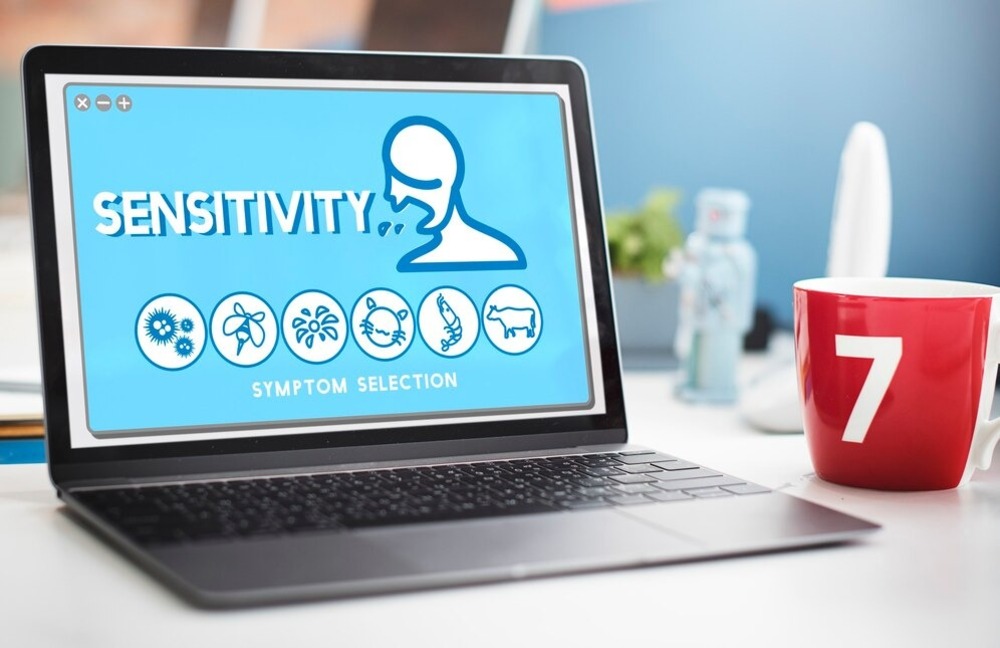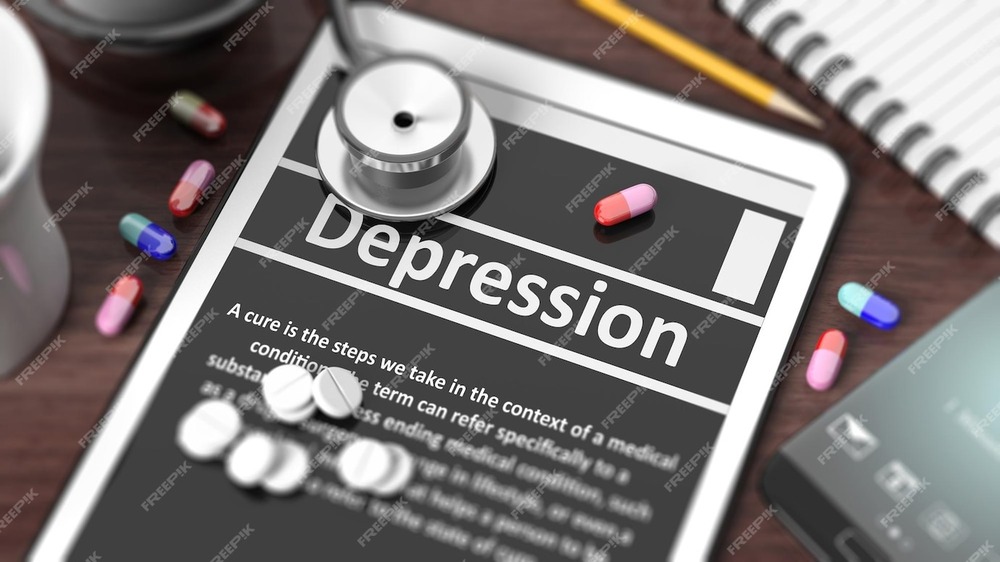Depression is a complex mental health condition that affects millions of people worldwide. According to the World Health Organization (WHO), over 264 million people are affected by depression globally. With such a significant number, understanding the various types of depression tests available is crucial for effective diagnosis and treatment. In this blog, we will explore the different types of depression tests, their methodologies, and how they can help individuals seeking help. 🌍💔

The Importance of Depression Testing
Testing for depression is essential for several reasons:
- Accurate Diagnosis: Proper testing helps healthcare professionals accurately diagnose depression, distinguishing it from other mental health disorders.
- Tailored Treatment: Understanding the severity and type of depression can lead to more personalized treatment plans.
- Monitoring Progress: Regular testing can help track the effectiveness of treatment over time.
Types of Depression Tests
There are several types of depression tests available today, each with its unique approach. Below, we will discuss the most common ones:
1. Self-Report Questionnaires
Self-report questionnaires are among the most widely used tools for assessing depression. They allow individuals to reflect on their feelings and experiences. Some popular self-report questionnaires include:
- Beck Depression Inventory (BDI): A 21-item questionnaire that assesses the severity of depression.
- Patient Health Questionnaire-9 (PHQ-9): A 9-item tool that helps identify the presence and severity of depression.
Table 1: Comparison of Self-Report Questionnaires
| Questionnaire | Number of Items | Purpose | Scoring Method | 📝 |
|---|---|---|---|---|
| BDI | 21 | Severity Assessment | 0-63 (higher is worse) | 📊 |
| PHQ-9 | 9 | Diagnosis & Severity | 0-27 (higher is worse) | 📈 |
2. Clinical Interviews
Clinical interviews involve a healthcare professional asking questions to assess an individual's mental health. These interviews can be structured, semi-structured, or unstructured. They provide a comprehensive understanding of the individual's symptoms and history.
- Structured Clinical Interview for DSM-5 (SCID-5): A standardized interview that helps diagnose various mental disorders, including depression.
- Mini International Neuropsychiatric Interview (MINI): A short structured interview that assesses major psychiatric disorders.
3. Psychological Testing
Psychological tests are more in-depth assessments that can provide valuable insights into an individual's mental health. These tests often require a trained professional to administer and interpret the results.
- Hamilton Depression Rating Scale (HDRS): A clinician-administered test that evaluates the severity of depression symptoms.
- Montgomery-Åsberg Depression Rating Scale (MADRS): Another clinician-administered scale that focuses on the severity of depressive symptoms.
Table 2: Overview of Psychological Tests
| Test Name | Type | Administration | Focus | 🎯 |
|---|---|---|---|---|
| HDRS | Clinician-administered | Trained Professional | Severity of Symptoms | 🧠 |
| MADRS | Clinician-administered | Trained Professional | Depressive Symptoms | 💡 |
The Role of Technology in Depression Testing
In recent years, technology has played a significant role in mental health assessments. Online platforms and mobile applications have emerged, allowing individuals to take depression tests from the comfort of their homes. Websites like Mental Health America offer free online screening tools that can help individuals identify symptoms of depression.
4. Digital Assessments
Digital assessments can be beneficial for those who may feel uncomfortable discussing their feelings in person. These assessments often mirror traditional tests but provide immediate feedback and resources.
Table 3: Benefits of Digital Assessments
| Benefit | Description | 🌟 |
|---|---|---|
| Accessibility | Available 24/7, allowing users to take tests at their convenience | 📅 |
| Anonymity | Users can complete assessments without revealing their identity | 🤫 |
| Immediate Results | Instant feedback can guide users on next steps | ⏱️ |
Conclusion
Understanding the different types of depression tests available today is essential for anyone seeking help or wanting to support a loved one. From self-report questionnaires to clinical interviews and digital assessments, each method has its strengths and can provide valuable insights into an individual's mental health.
If you or someone you know is struggling with depression, consider reaching out to a healthcare professional or utilizing online resources like NAMI for support. Remember, seeking help is a sign of strength, and there are many tools available to assist in the journey toward mental wellness. 🌈💪
By familiarizing yourself with these tests, you can take the first step toward understanding and addressing depression, paving the way for a healthier, happier life.




